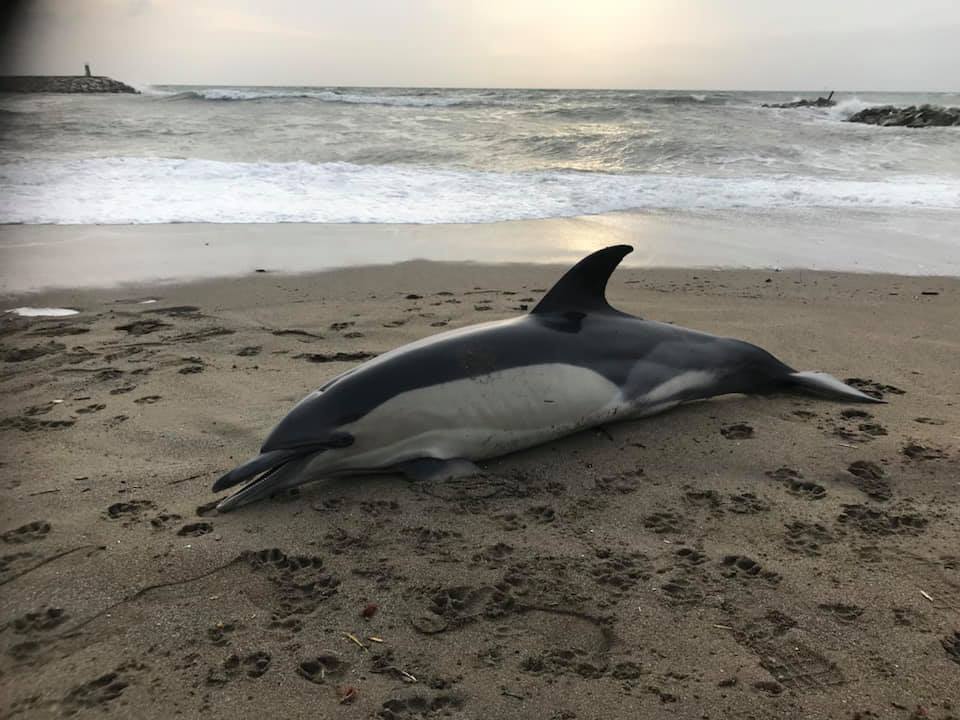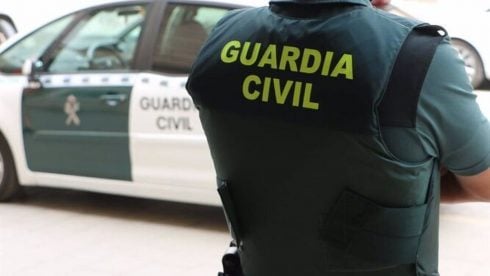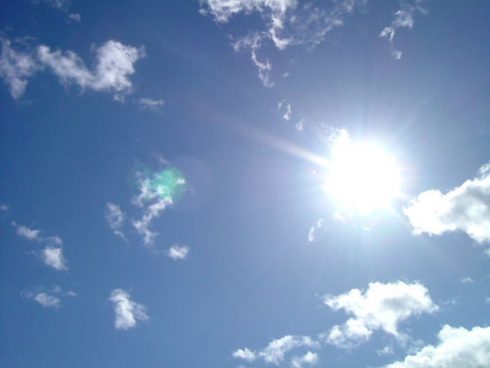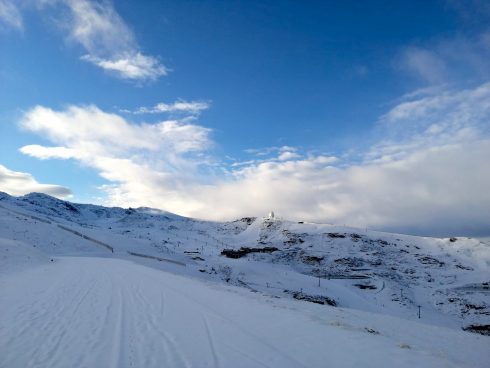THE discovery of dead dolphins on Almeria coastline alarms ecologists.
The number of dolphins that have appeared dead or dying in the last two years has raised red flags with environmental marine experts in Almeria.
A rise in beached dolphins reported by Equinac, an authorised entity in Almeria for the cetaceans and marine turtle rescue, has led to an investigation by the Guardia Civil.
The waters off the coast of Andalucia are home to a large population of whales and dolphins with three species of dolphin commonly found in the Bay and Strait of Gibraltar. They are the Common Dolphin, the Striped Dolphin and the larger Bottle-nosed Dolphin.
Many of which are often found stranded on Spain’s southern coastline due to ‘normal circumstances’ as explained by Lieutenant Sergio Lopez, head of Seprona of the Almeria Command.
According to experts, whales or dolphins often come onto the shore because they are old, sick, injured and/or disorientated. Dead whales or dolphins washing ashore is often the result of natural mortality.
However, according to Lopez, in the last two years there have been a series of event with clear signs of human interaction, directly or indirectly, which has led to the death of many dolphins, such as cuts in the caudal fins, or ignorance when trying to reintroduce them into the water once they have arrived on land, or intentional mutilation.
“In one macabre case, a person’s name ‘Juan’ had been written into the dolphin’s side with a knife,” he said.
This incident, together with others, has led to an investigation launched to determine the human involvement in the surge of dolphin deaths on the Almeria coastline.
According to the head of Seprona of the Almeria Command, all wild species are protected and that dolphins are considered ‘vulnerable species’ meaning that causing death or serious harm to these species is a crime if done intentionally and even possessing their remains once dead.
Additionally, touching them is forbidden, as is feeding or impeding the free movement of cetaceans.
Regarding the Guardia Civil’s investigation, Alberto Sanchez, head of the Maritime Service of the Almeria Command, says the investigation remains open whilst they continue to compile all the data and determine whether fishermen have been involved.











